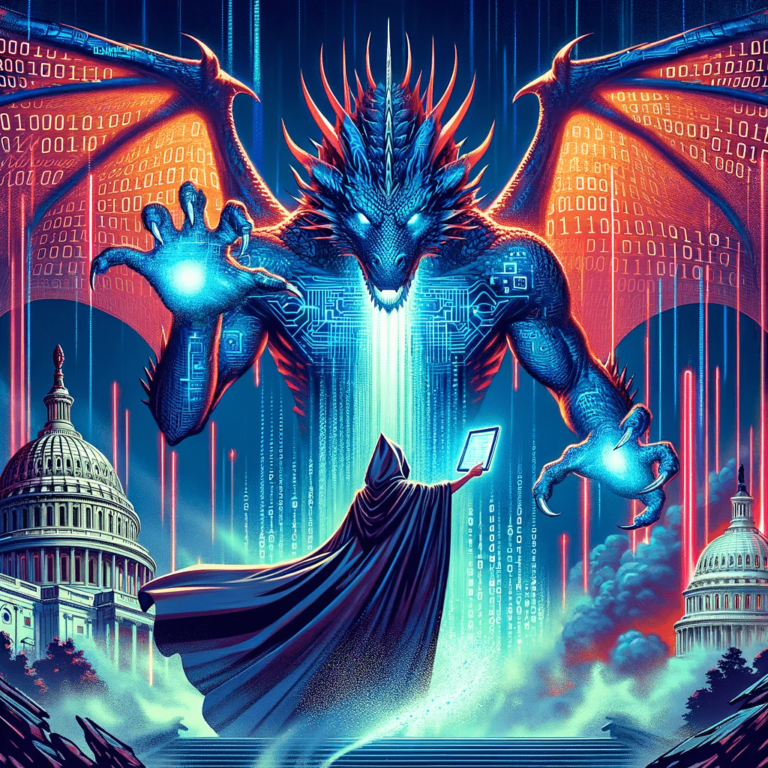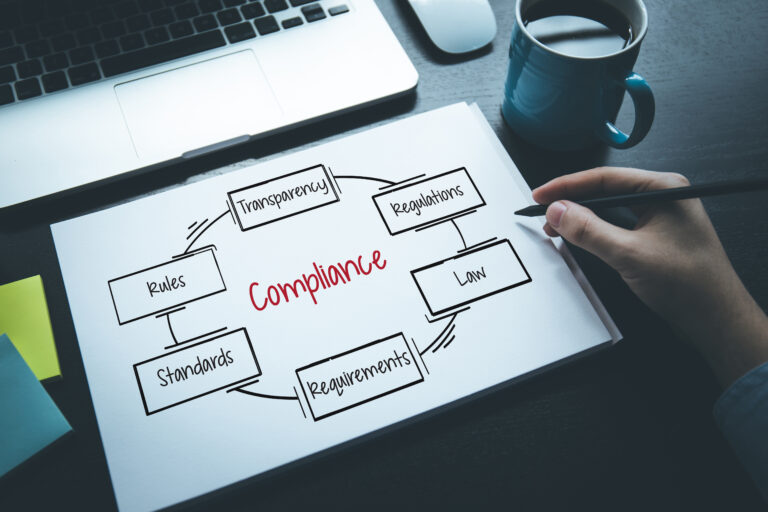Big Tech is part of everyday people’s lives in ways that were once the province of fantasy. Companies like Google and Amazon are ubiquitous around the world, and the products and services they offer are relied on by millions. Unfailingly ambitious (and extraordinarily profitable), it would appear that things have never better for the giants of tech.
But while profits may be reaching new highs, these companies have never been more scrutinized. Politicians on both sides of the aisle have grown concerned about the power wielded Google, Amazon, Facebook, and others. Rivals have lodged complaints and the public is more skeptical of their business practices than ever before. In a move that seems to signal impending changes, the Justice Department and Federal Trade Commission (FTC) will split oversight of Google and Amazon, reports the New York Times.
A Brief History
Google and Amazon have attracted new scrutiny – and accusations of impropriety – in tandem with their growing power and influence. Democrats and Republicans alike have called for additional oversight. Republicans have accused Google of suppressing conservative coverage in their search results, while Amazon has drawn the ire of President Trump by virtue of unfavorable coverage in the CEO Jeff Bezos-owned Washington Post.
Meanwhile, Democrats have been advocating for regulatory action against Google, echoing complaints from European lawmakers that have resulted in massive fines to the company, while also voicing concerns about anti-competitive behavior. Rep. David Cicilline of Rhode Island called the internet “broken” when announcing a comprehensive investigation into potential anticompetitive behavior by Big Tech. Cicilline hinted that the laissez-faire approach that marked the internet’s early days may be ending as “people have recognized…[the] real dangers here” – issues including consumer privacy, data misuse, labor concerns, and more.
The most pointed accusations thus far, however, have come from Google and Amazon’s rivals. Competitors are concerned that the massive, ever-expanding companies can easily stifle competition: Amazon, for example, has steadily redefined their business, transforming from a traditional e-commerce platform into new fields like groceries via their acquisition of Whole Foods. Google’s bread and butter – advertising and search – has borne the brunt of scrutiny, as has their “Android operating system, which is used in 80 percent of the world’s smartphones.” Europe has been quicker to punish Google for perceived abuses of power in that space, having “fined Google $5.1 billion for automatically installing its search engine and other apps on Android phones.”
What Does Splitting Oversight Signal?
As it stands, the Justice Department will oversee Google, while the FTC will handle Amazon. New York Times and Washington Post sources were clear that neither company is under investigation – rather, the move portends “the potential for greater scrutiny.”
The “small and preliminary” step of splitting oversight does not necessarily mean more serious consequences are on the horizon. Former Justice Department antitrust official Gene Kimmelman told the New York Times that the announcement is “more of a warning that [Google and Amazon are] being carefully scrutinized and they need to be careful not to play fast and loose given their dominant positions in the digital marketplace.”
Both sides are eager to avoid a repeat of the United States v. Microsoft antitrust case that saw the software giant narrowly avoid being split into two separate companies after an appeals court disagreed with an earlier ruling. While Microsoft was able to preserve its structure, the ruling “prohibited Microsoft from tying Internet Explorer to Windows…[which] allowed other browsers like Netscape and Firefox to compete on computers that ran the Windows operating systems.” Doing so “curbed Microsoft’s power,” giving rise to new companies and competitors – like Google and Amazon.
Until either agency acts, the news amounts to little more than an interesting blip on the radar. There is a possibility that litigation might not even be necessary “to improve behavior.” A paper from two Yale law professors detailing Amazon’s practice of “restricting its third-party sellers from selling their goods more cheaply on other platforms” drew the attention of Senator Richard Blumenthal, who subsequently detailed his concerns in a letter to both agencies. The ensuing pressure saw “Amazon quietly [drop] the practice.”
Currently, real regulation of Big Tech is little more than a talking point for politicians. But mounting pressure means companies no longer have free rein – or unquestioned public support – when it comes to their business practices. The Wild West period that characterized the early days of the internet appears to be over. What it means for its dominant figures is anyone’s guess.







